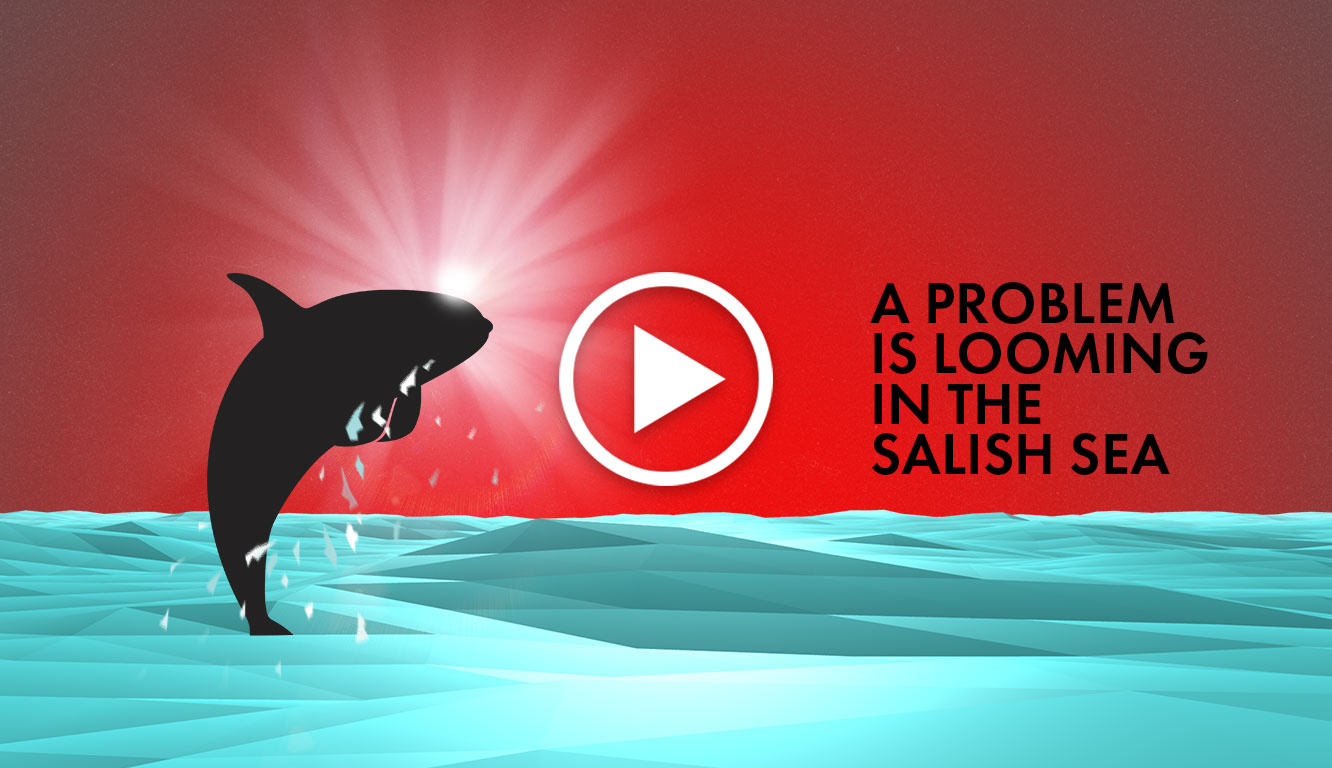Before the 2021 federal election took place, the Delta Optimist asked candidates for Delta, BC about their position on the Port of Vancouver’s Roberts Bank Terminal 2 (RBT2) project.
There are few things that political partisans running in an election agree on. But as we can see here, they share one common concern, that Roberts Bank Terminal 2 is NOT in the public interest.
The Honourable Carla Qualtrough (re-elected): “The 2020 Environmental Review Panel concluded RBT2 would have significant adverse cumulative impacts on fish, fish habitat, Dungeness crab, southern resident killer whales, wetlands, Barn Owls, and the traditional use of Indigenous lands and resources. I remain unconvinced that these concerns can be sufficiently mitigated. However, I await the responses from the Port to the Environment Minister’s August 2020 letter requesting further information.”
NDP candidate Monika Dean: “T2 would cost over $2 billion, while other private company options are less expensive with a smaller impact on the environment. Regardless of the cost, this port expansion comes with a level of automation that puts well-paying, family-supporting jobs at risk – an estimated 9,200 marine terminal jobs province-wide. Many of these workers live here, work here, and pay taxes here. There are of course environmental concerns too. What are the impacts and the remediation efforts? We must balance many interests. For that to happen we need further stakeholder engagement and creative solutions. I need to see real benefits for Delta and a reassurance for long-term family-supporting jobs in order to support port expansion.”
Conservative candidate Garry Shearer: “British Columbia is the gateway to the Asia-Pacific region. The forecasts are clear that we will need additional shipping capacity in the next two decades in order to deliver the goods and services that Canadians need. However, we need to do this the right way. There are currently two proposals for expansion at the Port of Vancouver. Both proposals should be reviewed thoroughly and undergo complete federal environmental assessments. It is then up to the federal government to show leadership and make a decision on the future of the Port in light of local community and environmental implications.”
Green Party candidate Jeremy Smith: “Any time we expand shipping in our waters it comes at a huge cost to the environment. We are also reminded on how little we manufacture goods in Canada since most of what we consume these days is coming from China. Currently in Delta I see more and more diesel container trucks that are the biggest polluters on the road. Each container ship holds anywhere from 10,000 to 21,000 containers and that means 20,000 to 42,000 trips the container trucks have to make per vessel. If they move by rail it reduces the impact somewhat.”
People’s Party of Canada candidate Paul Tarasenko: “We need to go back to the drawing board for this project because at the moment it is not in the best interest of the people of Delta. For instance, it is an automated site meaning that not as many jobs will be created once it is operational. We should instead focus on developing our own manufacturing industry so that we are able to help create actual jobs and put money back into the pockets of Canadians. The environmental impact of this project on the different animal species would further jeopardize our already fragile system. Not to mention the damage that this would have on our salmon population which is incredibly important culturally to the indigenous communities around us and to the commercial fishing sector. However, we should not completely discard the idea, Delta and the rest of the Lower Mainland ports are a vital hub that connects the rest of Canada to markets abroad.”
Watch: Port of Vancouver’s RBT2 project will disrupt important marine ecosystems
